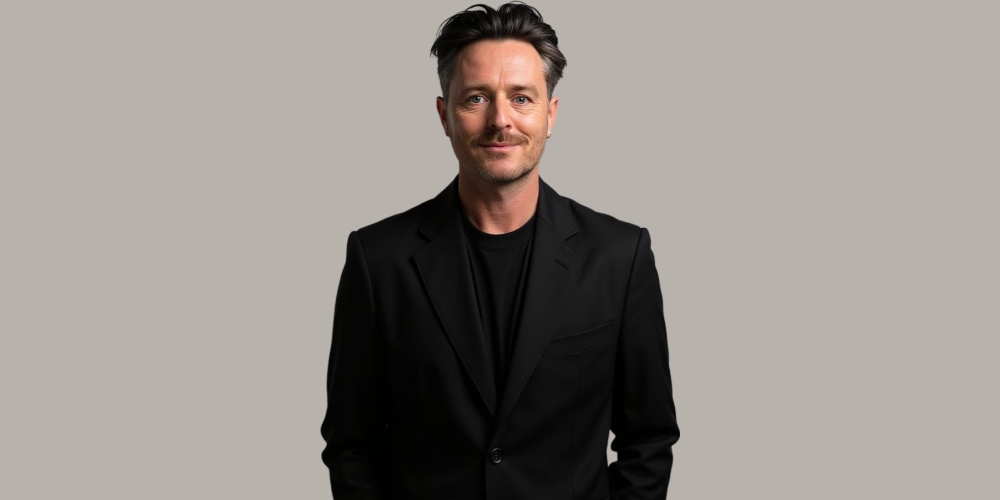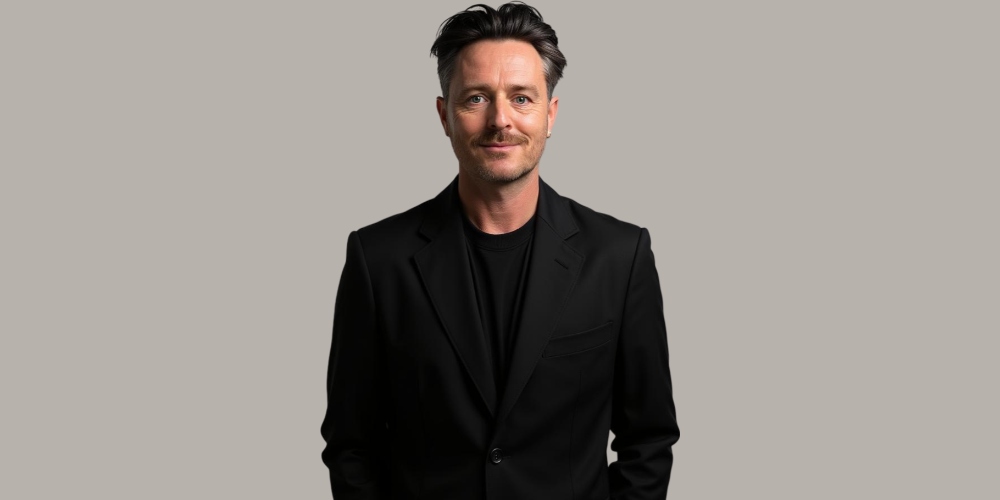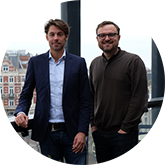In 2009, before coworking spaces were a global trend, Maximilian von der Ahé co-founded betahaus in Berlin’s Kreuzberg district. What started as an experiment among friends quickly grew into one of the city’s most influential hubs for entrepreneurs, freelancers, and creatives.
With a background in law and a passion for how people work and innovate, Maximilian has played a key role in shaping Berlin’s startup scene. For over a decade, betahaus has been more than just a place to work — it’s been a thriving community. In this interview, we dive into the origins of betahaus, the challenges entrepreneurs still face in Germany, and Maximilian’s vision for the future of Berlin’s startup ecosystem. Keep on reading!

- Hi Maximilian! Thanks for taking the time to chat with us. To start, tell us a little about your background and how you first connected with the startup world.
Great to be here — thanks for having me. My background is actually in law; I’m a fully qualified lawyer specializing in intellectual property and corporate law. But in 2008, something shifted. A few friends and I constantly talked about how hard it was to find a decent place to work — so we decided to create a better place to work together.
That’s how the idea of betahaus was born. We wanted to build a space that wasn’t just about desks and Wi-Fi, but about community. In January 2009, we opened our doors in Kreuzberg — and suddenly, we found ourselves right at the heart of something much bigger: Berlin’s growing startup scene.
- As the Co-Founder of betahaus, what was the initial idea behind the space, and what’s the mission you’ve been driving all these years?
In the 2000s we saw more and more creative individuals and entrepreneurs working from cafés and other places. However, these places did not have any professional office infrastructure which made it hard to work there.
Moreover, no place on the market offered a supportive community for entrepreneurs. We wanted to solve this problem and create the perfect place to work. At the same time, we were eager to create a strong community of entrepreneurs and other professionals who could benefit from each other.
- You’ve been a mentor to many startups, makers, and entrepreneurs at betahaus. What is it about entrepreneurship that draws you in?
I believe that entrepreneurship is one of the main forces that creates progress in society. At the same time, for various reasons, it is still incredibly hard to be an entrepreneur in Germany (and other places), which is why only about 8 % of all working people in Germany are entrepreneurs.
I believe that we need to change that culture and that it is essential to make entrepreneurship a much more attractive option for young people. This is why I try to support wherever I can. I also learned a lot from people who supported me. This is what I want to give back.
- After years of working closely with startups, what advice would you offer to founders who are just starting?
The first thing I’d say is that running a business is a marathon, not a sprint. Very few founders experience that “overnight success” you often hear about. Building a sustainable company takes time, persistence, and a lot of resilience. It’s not always easy, and you will face setbacks.
One key piece of advice I’d give is to develop healthy routines — mentally and physically. The journey can be long, so you need to take care of yourself, stay balanced, and be prepared for the long haul.
- Looking ahead, what’s your take on the startup ecosystem in Berlin? What challenges and opportunities do you see on the horizon?
I’m optimistic about Berlin’s future as a startup hub. The ecosystem is still growing and evolving, and Berlin has some real strengths: it’s a city full of highly skilled, cosmopolitan people who bring diverse perspectives and expertise. There’s an openness here that’s hard to find anywhere else —Berlin’s creative, large-minded, and tolerant culture is a huge asset.
That said, we’re still facing some challenges. Funding remains a big issue, particularly for more mature startups. Another area where we can improve is in creating a signature startup event — something that puts Berlin on the map as a global center for innovation.
But overall, I’m confident that Berlin has all the ingredients needed to continue growing and becoming an even stronger player in the global startup scene.
Thanks a bunch for sharing your story and insights, Maximilian. We wish you the best of luck in your future endeavors.
Join our network of startups & investors!


